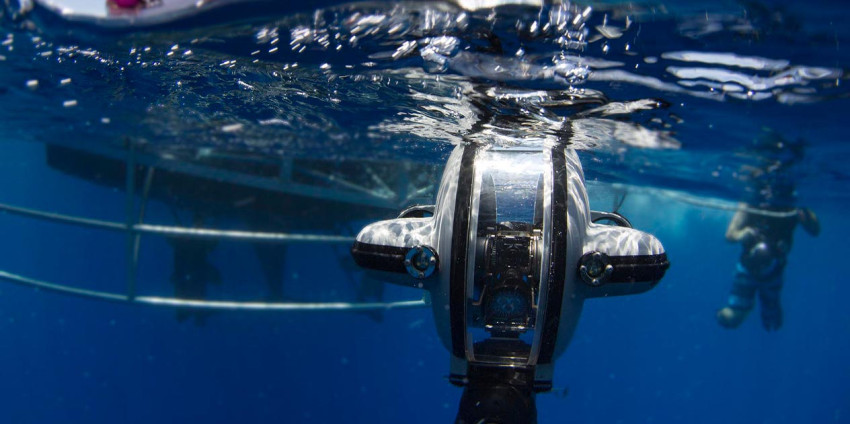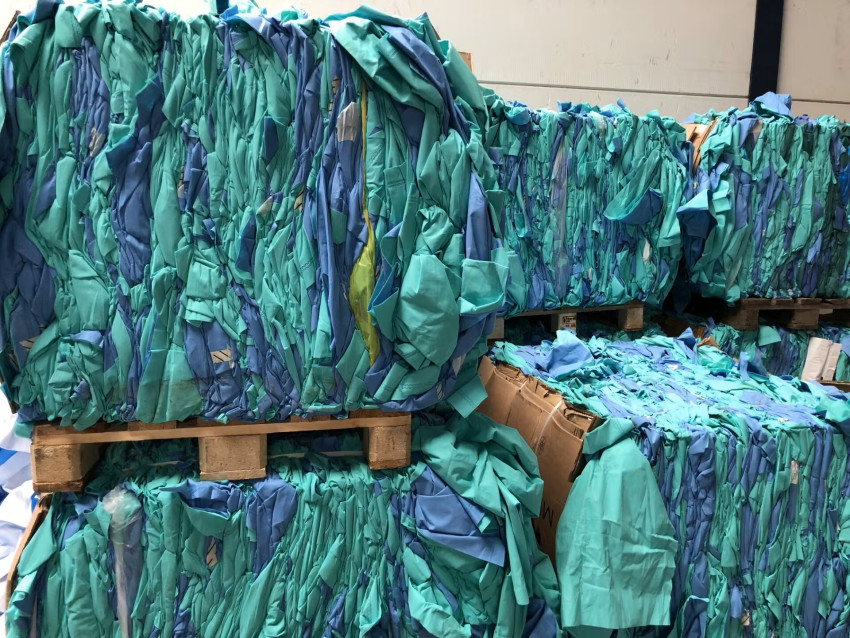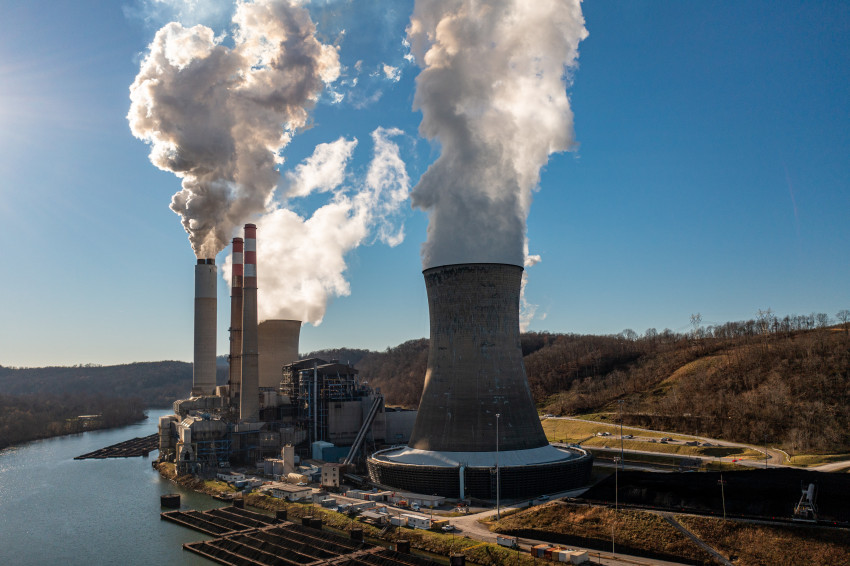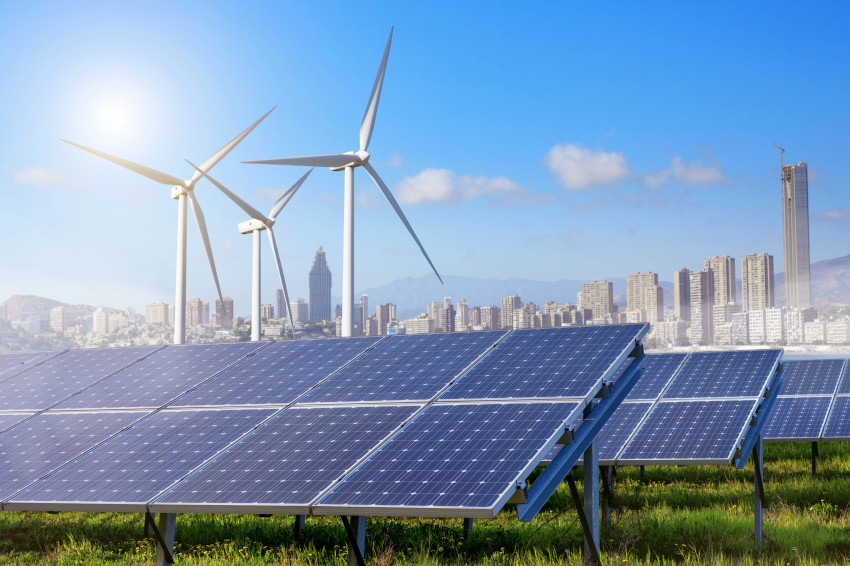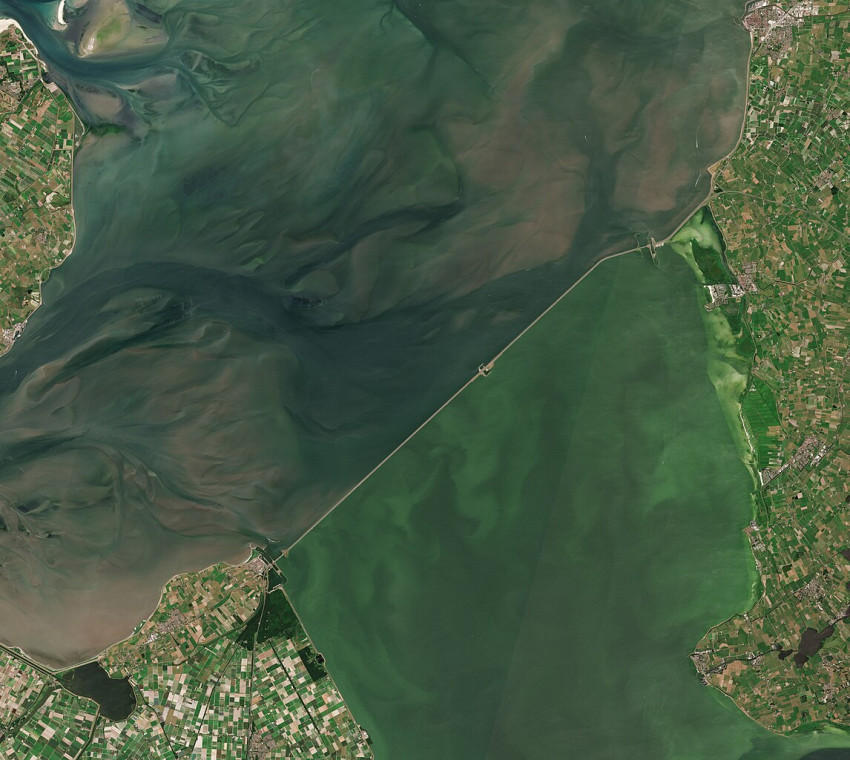
Dutch consortium wants for solar park at sea
A Dutch consortium wants to build a floating solar park on the North Sea. The plan is to float the first prototype at the end of this year.
The consortium is a joint venture between the start-up Oceans of Energy, energy concern Taqa and the research institutes ECN, TNO and Marin. ‘The biggest issue with sustainable energy using wind and solar power is the space they take up. But at sea there's more than enough space’, says Allard van Hoeken, initiator and CEO of Oceans of Energy. The floating solar parks could for instance be combined with off-shore wind farms. ‘This increases efficiency by a factor of five.’
A floating solar park at sea also has major benefits in terms of economies of scale. ‘At sea you can build parks covering a scale of square kilometres, and there aren’t the integration problems you face when building on land.’ Of course the cost of construction is far greater when working at sea.
Salt and waves
A solar park at sea also has disadvantages: salt water is not good for electronics, it is deposited on the panels and waves can reach over ten metres in height. ‘We have already been studying this for two years.’ All sorts of coatings have been tested on the solar panels lying in the salt water of the Oosterschelde estuary. And in one of the wave tanks of the maritime research institute Marin, various possible structures have been tested that can cope with 13m waves. Van Hoeken is not yet willing to divulge details about these structures.
At sea there is also the interaction with nature. ‘We look at the impact of solar panels on nature and vice versa.’ The main effect of panels is that they cast a shadow. Van Hoeken doesn’t expect any issues with this. ‘The panels lie in flowing water that is constantly being refreshed anyway. It's also possible to give the park a sort of mosaic-like structure with holes.’ Hoeken expects the effect of nature on the solar park to be far greater. ‘As with any infrastructure constructed at sea, they will attract marine life, with algae and barnacle growth, both of which then attract more sea life.’ What's more, fish will be attracted to the structures to shelter, eat and reproduce. The panels will possibly also form a refuge for birds, so bird droppings could be an issue. Research into the impact from nature is being carried out together with Wageningen University and the maritime research institute NIOZ, as well as others.
Better than on land
The solar panels are held in place using anchors, and are connected with cables that carry the power to land. ‘Both are entirely feasible, and the off-shore world has plenty of experience with this.’ Van Hoeken comes from the off-shore world himself, where he worked for the company Bluewater on tidal turbines that are fixed to a floating platform.
The plan is to launch a prototype at sea by the end of this year. ‘Together with Utrecht University, we aim to compare the yield with similar solar panels on land.’ Van Hoeken expects the yield to be higher: ‘The panels are cooled more effectively at sea, there is more diffuse light, and there is an effect from the rocking motion caused by the waves.’
The consortium will receive financial support for three years from the Dutch researchplatform 'Topsector Energie'.
Opening photo: floating 40 MW solar park on a Chinese lake.
If you found this article interesting, subscribe for free to our weekly newsletter!

